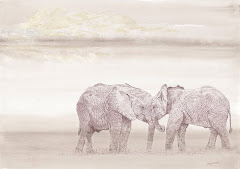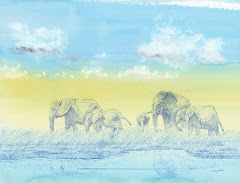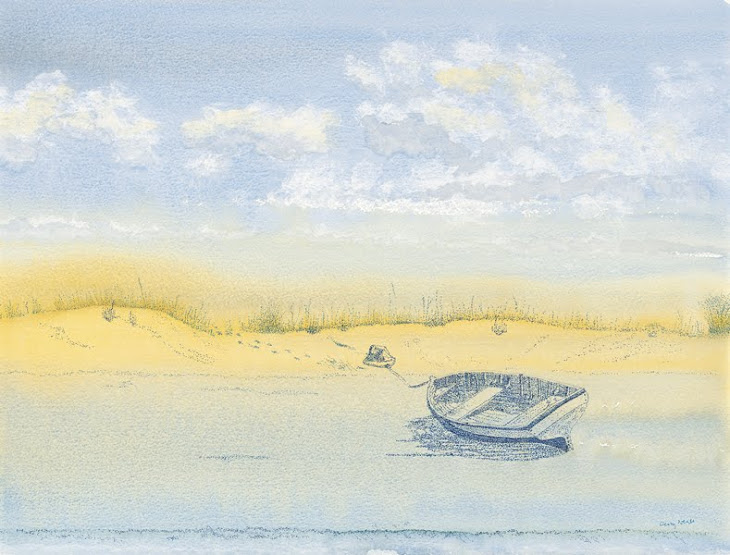For many of us, our true emotional selves can lay trapped within us like a time-warp.
Certain emotions can seem highly available to us but totally unmanageable. In many cases, they represent the embodiment of our child within. Yet when that childhood becomes eclipsed by our adulthood, they seem completely inappropriate as feelings. So what do we do? One way or the other, we simply screen them out.
And the emotional price we pay for this as grown-ups is extortionate. We remain disconsolate when we should be happy. We are unfeeling when we should tender and loving. We over-intellectualise rather than temper it with emotion. In fact we perform rather than feel. Worse we behave like human doings rather than human beings.
The greatest tragedy is that we can become ever-ready to eschew fun. Youthful exuberance and joy is banished. Gone with it too is any sense of grace and peace, as we wrestle with ourselves to justify our having fun. We seem all too often stressed, tense, and unable to break free of work.
What exactly has happened and more particularly, when did it happen to us? How does it still have such a profound effect on us? What can we do about it?
Being willing to re-visit our childhood years is a pre-requisite. Being prepared to relate back to the fun and joy we had as well as the traumas and even horrors we endured is vital to see how we patterned ourselves to live with the contrasting feelings we had. And I don’t just mean Ha! Ha! Fun. I mean spiritual enjoyment as well.
We can with patience and care, go back and rediscover how these patterns were spawned in us. By re-playing in our minds the ways those who looked after us often triggered these situations, we can see how they then sought to feed us with instructions on how to behave and how to react, is fundamentally important.
Our development as people will have been conditioned heavily by these parental or teachers’ instructions. Philosophically, psychologically, spiritually as well as of course emotionally - and physically, we will have been stunted by the way we were encouraged to behave.
If we are ever to free ourselves now of any of the emotional patterns of behaviour which undermine our peace and happiness as adults, we need to have the courage to probe our young years.
We need to identify the way those, who acted almost always as well-meaning parents and teachers, effectively indoctrinated us with their own opinions, attitudes and habits. We need to see through what we experienced, to see how we came to pattern or protect ourselves. We need also to remind ourselves how we reacted and responded to others as children and admit that we carried those patterns into adulthood when need for them no longer existed.
The truth is, that until many of us adopt this approach and learn how to divorce ourselves from our childhood behaviours, then we will not allow ourselves to form attitudes and behaviours more happily and aptly fitted to our life as adults.
Mercifully there are effective processes available to us to achieve this. Good books exist now. Counsellors are much more aware of these features within us and how they can guide us to change the ways we come at things.
However in the final analysis, it comes down to one simple but fundamental fact if beneficial change is to occur. Do we really want to overcome and change some particular behaviour? If we do, then it is a racing certainty that we will. If we don’t, then surely we won’t.
Gerry Neale is also the Author of
'Squaring Circles: From The Dark Into The Light.'
'Squaring Circles: From The Dark Into The Light.'
More information: www.squaringcircles.co.uk
The Novel is available in Paperback from www.amazon.co.uk
The Novel is available in Paperback from www.amazon.co.uk





No comments:
Post a Comment